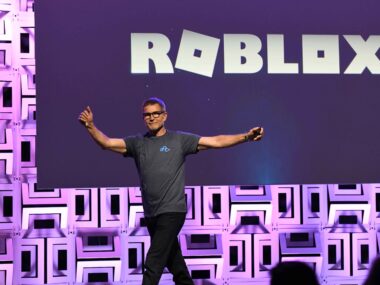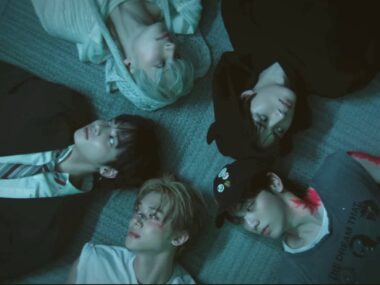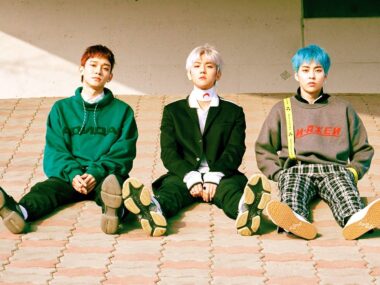When SEVENTEEN announced their NEW world tour, the reaction should’ve been nothing but excitement. Instead, the U.S. leg rolled out to mixed reactions. Smaller arenas, cities that don’t usually get K-pop stops like Tacoma, Washington and Sunrise, Florida. Ticket sales that started strong but slowed quickly. Fans didn’t blame the group, they blamed the planning.
The short window between the announcement and ticket sales was just over a week for fanclub members. Many were left with little time to rearrange work, save money, or book travel. Pair that with premium tickets hitting the $500+ range, and many fans had to make a hard pass, even if they desperately wanted to go.
SEVENTEEN isn’t alone. The same complaints are echoing across fandoms in 2025.
The Core Problems Fans Keep Pointing Out
Short Notice Tour Announcements: Companies drop dates and open sales in a matter of days. This might work in Korea, where travel is shorter and cheaper. It’s a nightmare for international fans who need weeks (or months) to plan.
High Ticket Prices + Travel Costs: VIP seats have soared past the $500 mark, with standard tickets sometimes feeling steep for the view offered. Add travel, hotels, and merch, and the total bill can rival a short vacation.
Focus on Big Cities: Agencies tend to focus on big hubs like LA or New York and ignore smaller cities. It’s very common for K-pop tours to have a handful of stops in the West Coast and East Coast, a couple of stops in the South and skip the Midwest entirely (or only go to Chicago). Fans end up spending more just to get there.
Poor Communication & Unclear Lineups: Late lineup changes, vague announcements, or silence until after tickets are sold leave fans feeling blindsided.
Overlapping Tours: Multiple K-pop acts hitting the same region within weeks forces fans to pick and choose, often meaning lower turnout across the board.
The NCT 127 “Unity” Tour Mess
If you want an example on how not to run a world tour, many fans point to NCT 127’s The Unity tour.
The tour was announced less than a month before the first concerts were scheduled to start in Seoul. Both Korean and international fans had to scramble to adjust their schedules in order to attend. Premium ticket prices? High enough to make some fans wince.
Oh and to piss fans off even more, there were no European, Latin American or U.S. stops. This was extremely upsetting for fans who couldn’t afford or didn’t have the chance to see NCT 127 in Korea, Japan or Southeast Asia.
What Agencies Could Do Better
- Announce the tour early. Give fans months of notice, not a few weeks.
- Price fairly. Offer more mid-tier options and transparent breakdowns of costs.
- Choose cities strategically. Prioritize cities with strong K-pop communities and easy travel.
- Clear communication is key. Address lineup changes and schedules before sales open.
- Coordinate schedules. Avoid flooding the same market with overlapping tours.
- Think beyond tickets. Livestreams, fan-friendly merch bundles, and affordable meet-and-greets can keep fans engaged.
K-pop’s global touring boom is at risk of burning itself out. Fans will show up for their favorites, but there’s only so much they can pay, plan, and sacrifice.
If agencies want to protect the long-term health of global touring, they need to start listening to fans and see if they can meet them halfway. The payoff? Packed venues, happier fans, and a touring model that actually lasts.






